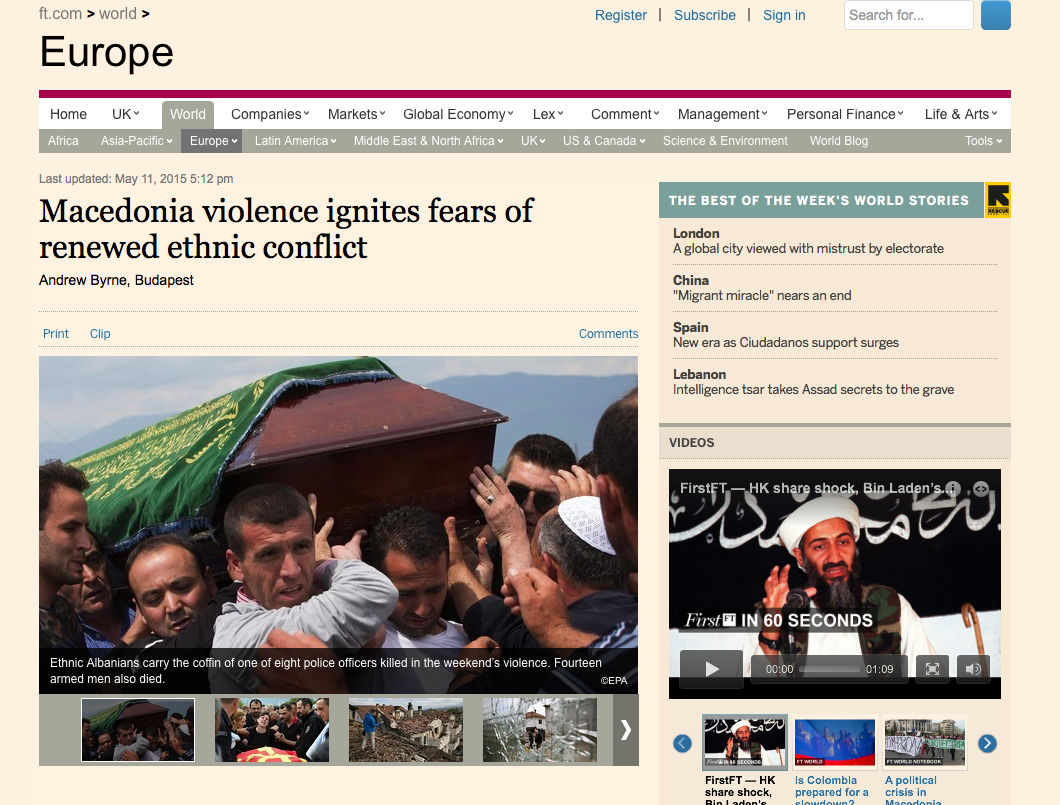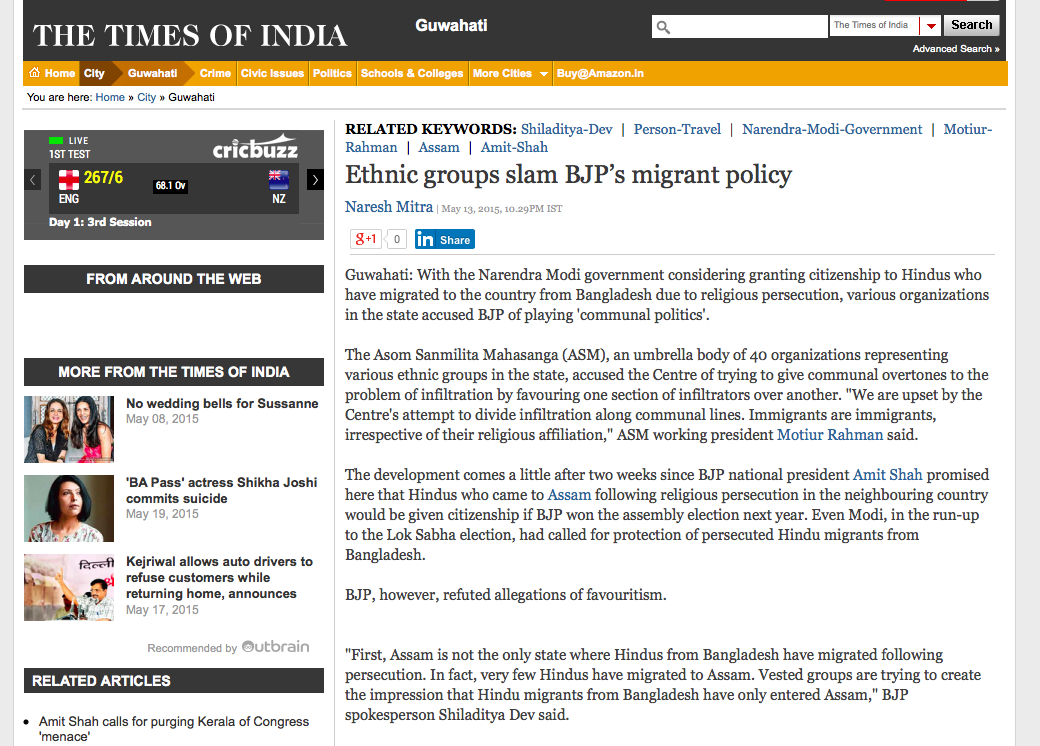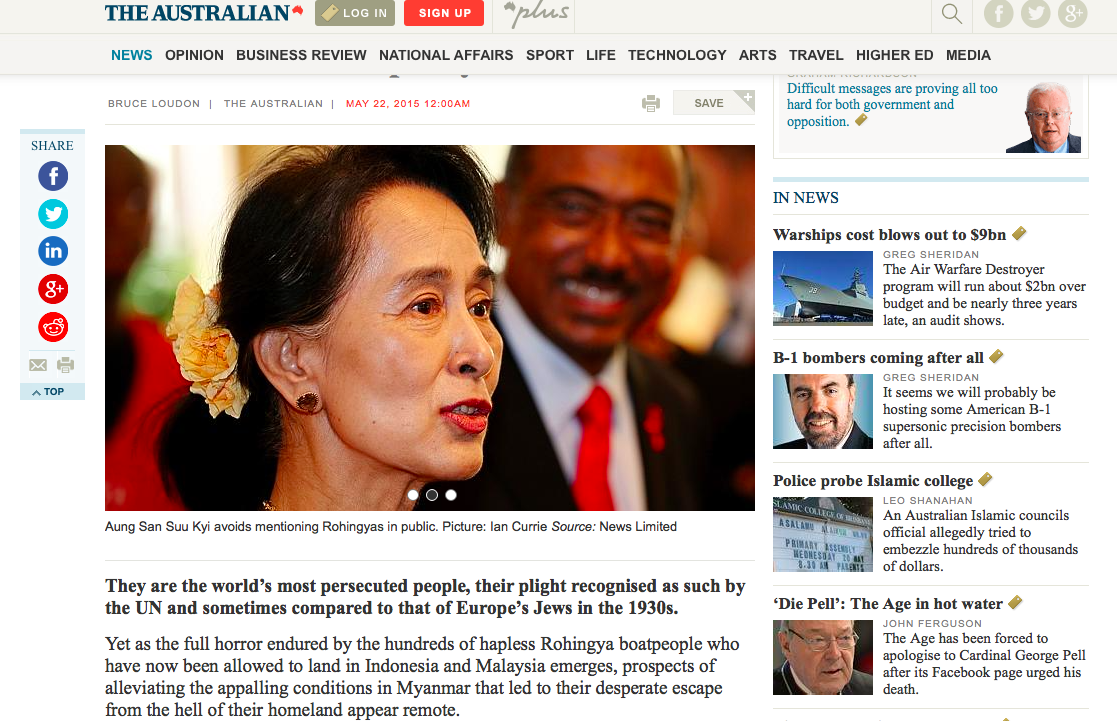FINANCIAL TIMES: Macedonia violence ignites fears of renewed ethnic conflict

THE FINANCIAL TIMES – May 11, 2015
By ANDREW BYRNE, Budapest
Ethnic Albanians carry the coffin of one of eight police officers killed in the weekend’s violence. Fourteen armed men also died.
Mourners console the wife of Zarko Kuzmanovski, a member of special police unit the Tigers, who was killed in the clashes ©EPA
Violence in Macedonia at the weekend has stoked fears of fresh turmoil in a country that is seeking EU membership but is embroiled in a feverish political crisis that risks flaring into open ethnic conflict
Western leaders on Monday urged restraint and called for an independent probe into the events, in which eight police officers and 14 others died in two days of gun battles between police and what Skopje described as an armed paramilitary group.
The government said the armed group, holed up in a residential district of Kumanovo, a town 30km northeast of the capital Skopje, had been planning terrorist attacks on police stations, shopping malls and sports events and that the police action was a pre-emptive operation.
Video footage released by Macedonia’s government on Sunday night appeared to show arrested members of the gang in uniforms bearing the insignia of the National Liberation Army, a disbanded ethnic Albanian paramilitary group.
But although a small number of dissident ethnic Albanian militants are known to be active in Macedonia, the timing of the offensive, days ahead of major anti-government demonstrations scheduled for this weekend, has provoked suspicion among local activists, political analysts said.
Tensions have been rising steadily for months as the opposition Socialists have released dozens of secret recordings they claim prove Skopje’s involvement in illegal wiretapping, election fraud and political interference in the police and judiciary
“We’ve seen so much political scandal emerging from Macedonia under this government that people are very wary of taking any official investigation by the authorities at face value,” said James Ker-Lindsay, senior research fellow at the London School of Economics and Political Science. “Many people believe the administration is more than capable of staging the attack in order to stay in power.”
Amid the uncertainty, EU officials warned Skopje against using the violence to divert attention from the months-long political scandal that has paralysed the country’s politics. Macedonia has been a candidate for EU membership since 2005, but the poisonous political conflict has sparked alarm in Brussels.
“This attack cannot and should not distract from the very serious internal political situation,” Johannes Hahn, the EU’s enlargement commissioner, told reporters in Brussels. “The event should not be used to introduce a further complexity by injecting ethnic tensions into the situation.”
The alleged links between the armed group and the NLA, formerly led by Ali Ahmeti, a coalition partner in the government of Nikola Gruevski, Macedonia’s prime minister, have revived memories of an NLA revolt in 2001.
An estimated 140 people were killed in the ensuing hostilities, sparking fears of a civil war before western powers dispatched 3,500 Nato troops to enforce a peace settlement.
 Ethnic tensions had largely calmed in the country and Mr Ahmeti’s Democratic Union for Integration party has shared power as a junior coalition partner in the government since 2002.
Ethnic tensions had largely calmed in the country and Mr Ahmeti’s Democratic Union for Integration party has shared power as a junior coalition partner in the government since 2002.But some outside observers alleged the armed group reportedly involved in this weekend’s violence had been formed from among an extremist minority of ethnic Albanians disgruntled with Mr Ahmeti’s leadership and slow progress in implementing Macedonia’s 2001 Ohrid peace agreement.
Many questions about the armed group remain unanswered, including how 50-70 heavily armed paramilitaries could base themselves in Kumanovo without attracting attention.
Mr Gruevski said at the weekend that the group was made up of former NLA leaders from neighbouring Kosovo and highly trained guerrillas with recent combat experience in the Middle East. Kosovan officials said they had not detected any groups of militants crossing the border in recent weeks.
The events have raised fears of a broader outbreak of regional instability, particularly as Macedonia’s opposition has hinted at further revelations of government misdeeds in its dealings with the Albanian minority.
As western officials pleaded for Macedonia’s government and opposition to restart dialogue, an opposition official said the attacks had not changed their demands for the government to resign and that demonstrations planned for Sunday would go ahead.
Analysts said the coming days posed a challenge for Europe. So far, mediation talks led by three members of the European Parliament have failed to halt an escalation in tensions.
“The EU has got to take a stand on what’s happening in Skopje. This scandal has been going on for far too long and the government has not been transparent enough about anything,” said Judy Dempsey, senior associate at Carnegie Europe.
“The European Commission will have to meet the parties and work out a clear direction on where Macedonia needs to go.”
Reprinted from The Financial Times


























